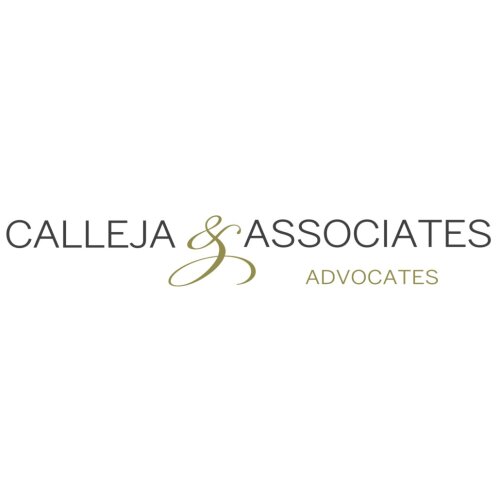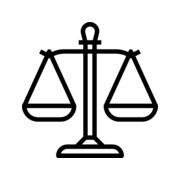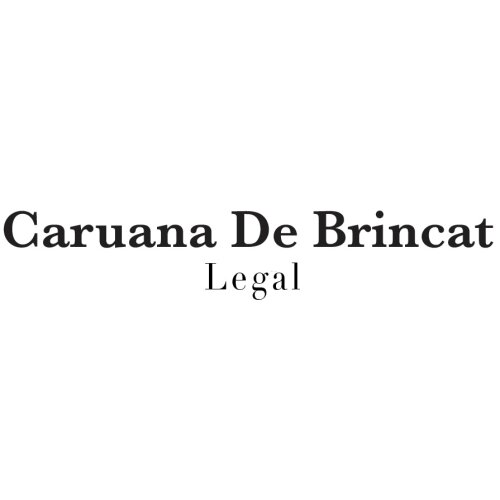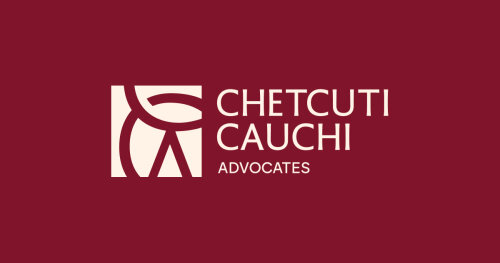Best Foreclosure Lawyers in Malta
Share your needs with us, get contacted by law firms.
Free. Takes 2 min.
Free Guide to Hiring a Real Estate Lawyer
Or refine your search by selecting a city:
List of the best lawyers in Malta
About Foreclosure Law in Malta
Foreclosure in Malta pertains to the legal process through which a lender seeks to recover the balance of a loan from a borrower who has stopped making payments, typically by forcing the sale of the asset used as collateral for the loan. In Malta, this process involves various legal proceedings, where the creditor seeks to acquire the debt repayment by selling the mortgaged property through judicial auction. The procedures are governed by the local civil code and offer protection mechanisms for debtors to ensure fair treatment.
Why You May Need a Lawyer
Legal assistance in foreclosure cases is often crucial due to the complexity of the procedures involved. A lawyer can help in several ways, including:
- Evaluating the case to determine if foreclosure can be contested or delayed.
- Assisting in negotiations with lenders to explore alternatives like loan modifications or short sales.
- Guiding through the documentation required for court proceedings.
- Representing you in court to ensure your rights are protected.
Local Laws Overview
Key aspects of Maltese foreclosure laws include:
- Judicial Sale by Auction: Properties foreclosed are typically sold through a public auction overseen by the courts.
- Debtor Safeguards: There are legal mechanisms intended to protect debtors, such as the possibility to object to the sale if certain conditions are not met.
- Costs and Expenses: The debtor might be liable for various costs, but these should be reasonable and documented.
- Timeframes: The legal process involves specific timeframes that must be adhered to, both for filing objections and for the auction process itself.
Frequently Asked Questions
What is the first step in the foreclosure process in Malta?
The process usually begins with the lender notifying the borrower of a default and their intention to initiate foreclosure proceedings.
Can I stop foreclosure proceedings once they begin?
It may be possible to halt proceedings through negotiations with the lender, seeking a loan modification, or by paying off the debt owed. Legal advice is crucial in these situations.
How long does the foreclosure process take?
The duration can vary significantly depending on the complexity of the case and court scheduling, often taking several months to reach completion.
Is it possible to buy back my property after foreclosure?
Once the property is sold at auction, it is usually not possible to reclaim it. However, you might have opportunities to rectify the situation before the auction if agreements with the lender are made.
How are the proceeds from the sale of my property used?
Proceeds are first used to cover the costs of the sale, and then applied to pay off the debt owed to the lender. Any remaining funds may be returned to the borrower.
What fees are involved in foreclosure?
Legal fees, court costs, and other administrative expenses might be involved, and these should be detailed by the lawyer or the court.
Can tenants be evicted after a foreclosure sale?
Tenants may be subject to eviction after a foreclosure sale, but local tenant protection laws and lease terms should be reviewed for specifics.
Are there any tax implications following a foreclosure?
There could be tax implications, such as capital gains if any proceeds are received. Consulting with a tax advisor is recommended.
What rights do I have if I believe the foreclosure was wrongful?
Debtors have the right to contest the foreclosure in court if they believe it was conducted improperly or unfairly.
Can I negotiate the terms of repayment after foreclosure has started?
Negotiations are possible, and sometimes lenders might be willing to agree on an alternative repayment plan to avoid lengthy legal proceedings.
Additional Resources
Consider reaching out to the following resources for assistance with foreclosure-related issues:
- The Malta Financial Services Authority (MFSA): Provides oversight and information regarding financial regulations.
- Legal Aid Malta: Offers legal assistance for those who qualify financially.
- Consumer Affairs Council: Offers guidance on consumer rights which may be beneficial for mortgage disputes.
Next Steps
If you require legal assistance in dealing with foreclosure in Malta, consider taking the following steps:
- Gather all relevant documents regarding your mortgage and payments.
- Seek recommendations for qualified lawyers specializing in property or banking law.
- Schedule a consultation to discuss your situation and explore your legal options.
- Consider legal aid options if you meet certain income criteria.
- Stay informed through reliable sources to better understand your rights and obligations.
Lawzana helps you find the best lawyers and law firms in Malta through a curated and pre-screened list of qualified legal professionals. Our platform offers rankings and detailed profiles of attorneys and law firms, allowing you to compare based on practice areas, including Foreclosure, experience, and client feedback.
Each profile includes a description of the firm's areas of practice, client reviews, team members and partners, year of establishment, spoken languages, office locations, contact information, social media presence, and any published articles or resources. Most firms on our platform speak English and are experienced in both local and international legal matters.
Get a quote from top-rated law firms in Malta — quickly, securely, and without unnecessary hassle.
Disclaimer:
The information provided on this page is for general informational purposes only and does not constitute legal advice. While we strive to ensure the accuracy and relevance of the content, legal information may change over time, and interpretations of the law can vary. You should always consult with a qualified legal professional for advice specific to your situation.
We disclaim all liability for actions taken or not taken based on the content of this page. If you believe any information is incorrect or outdated, please contact us, and we will review and update it where appropriate.
Browse foreclosure law firms by city in Malta
Refine your search by selecting a city.

















